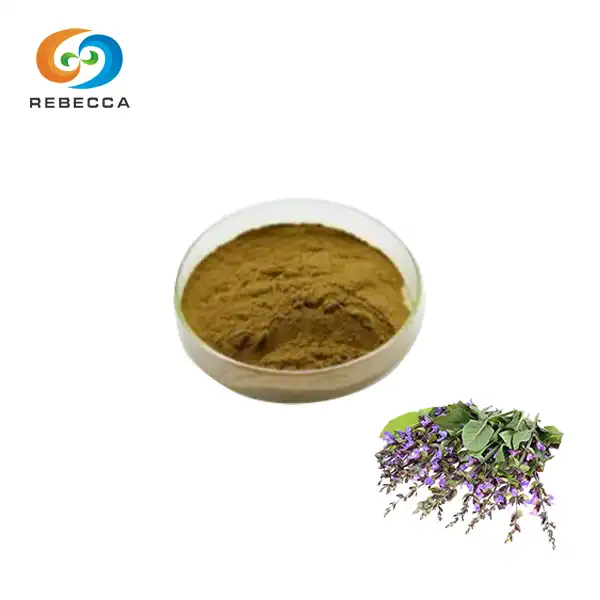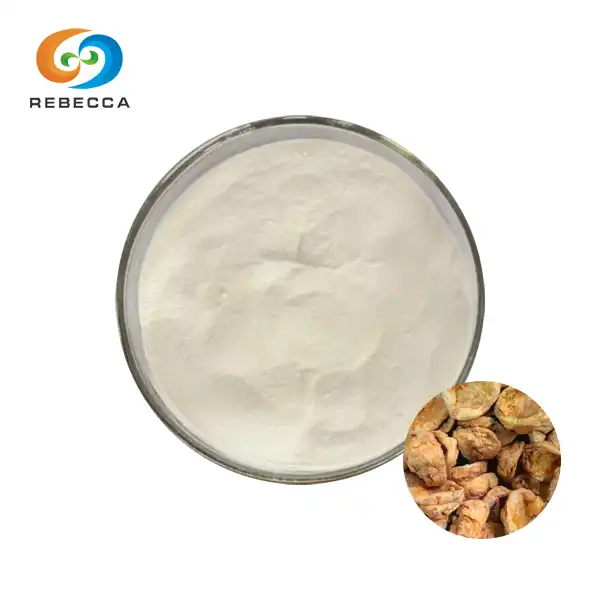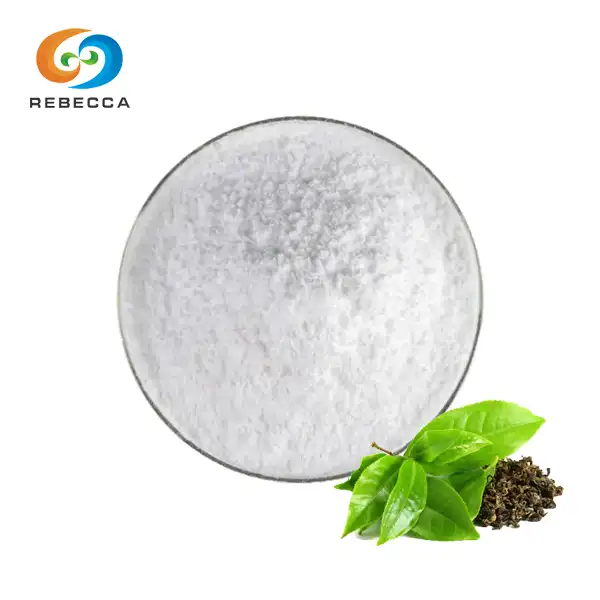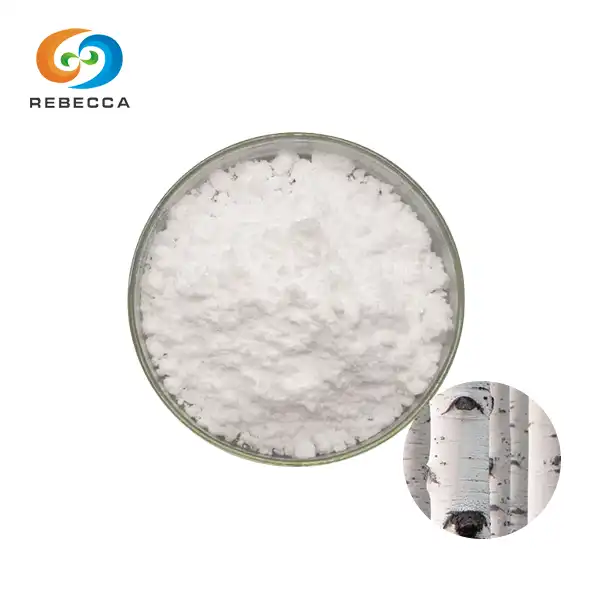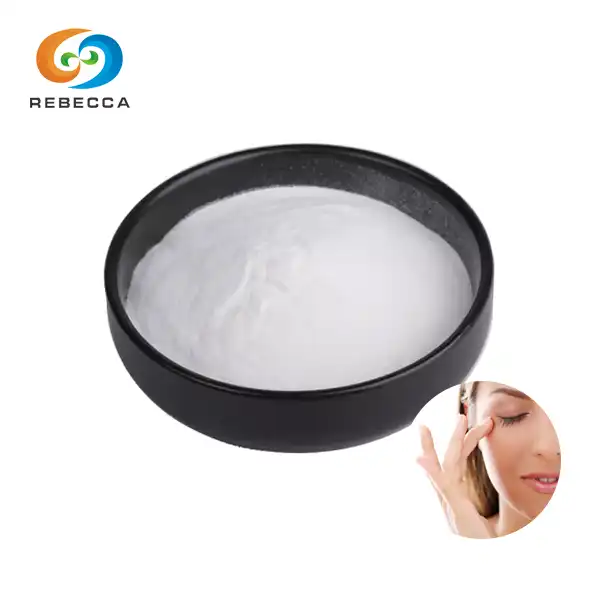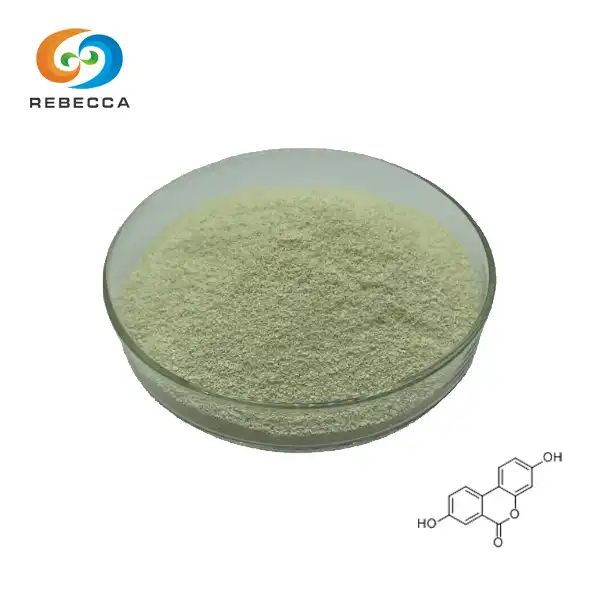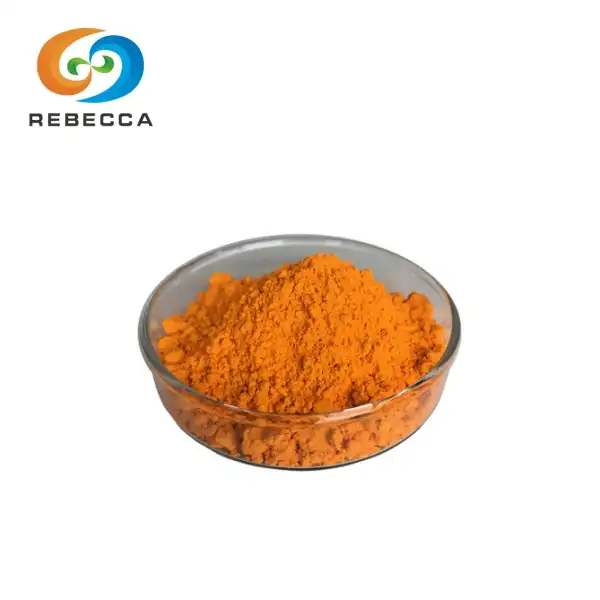What medications should not be taken with turmeric?
Turmeric, a golden spice renowned for its anti-inflammatory and antioxidant properties, has gained immense popularity in recent years. While it offers numerous health benefits, it's crucial to understand that it can interact with certain medications, potentially leading to adverse effects. This article delves into the medications that should not be taken with product, ensuring you make informed decisions about your health.

Blood Thinners and Turmeric: A Dangerous Mix?
One of the most significant concerns regarding turmeric interactions is its effect on blood-thinning medications. It contains compounds that can enhance the blood-thinning properties of certain drugs, potentially increasing the risk of bleeding.
Warfarin and Turmeric: A Risky Combination
Warfarin, a widely prescribed anticoagulant, can interact with turmeric. The active compound, curcumin, may enhance warfarin’s effects, increasing the risk of bleeding. As a result, individuals on warfarin should consult their healthcare provider before adding supplements to their routine. This precaution helps ensure safe and effective management of anticoagulant therapy, minimizing potential complications from such interactions.
Other Anticoagulants to Watch Out For
Besides warfarin, other anticoagulant medications that may interact with turmeric include:
- Aspirin
- Clopidogrel
- Heparin
- Dabigatran
Turmeric, particularly its active compound curcumin, can potentially enhance the effects of these medications, increasing the risk of bleeding or other complications. If you're taking any of these anticoagulants, it's crucial to consult with your healthcare provider before incorporating it into your diet or supplement routine. This ensures safe and effective management of your medication and helps prevent any adverse interactions.
Natural Blood Thinners and Turmeric
Natural blood thinners, such as fish oil, ginkgo biloba, and garlic supplements, can also interact with turmeric. When combined, these substances may excessively thin the blood, raising the risk of bleeding or bruising. It's important to be cautious when using these combinations and to do so under medical supervision. Always consult with your healthcare provider to ensure the safe use of product alongside other blood-thinning supplements or medications.
Turmeric and Diabetes Drugs: What You Should Know?
While turmeric has shown promise in managing blood sugar levels, it can interact with diabetes medications, potentially leading to hypoglycemia (low blood sugar).
Sulfonylureas and Turmeric
Sulfonylureas, a class of medications used to manage diabetes by stimulating insulin production, can interact with turmeric. This combination may lead to an excessive drop in blood sugar levels, potentially causing hypoglycemia. Common sulfonylureas include:
- Glipizide
- Glyburide
- Glimepiride
For patients taking these medications, it's important to monitor blood sugar levels closely when consuming turmeric. Any significant changes in blood sugar should be reported to a healthcare provider. Before adding it to your diet or supplement routine, consult your doctor to ensure it's safe and to avoid any unwanted effects on blood sugar control. Proper medical guidance can help prevent complications.
Metformin and Turmeric
Metformin, a common medication for diabetes, may interact with turmeric. Some studies indicate that it could enhance metformin's effects, but this combination may cause unpredictable fluctuations in blood sugar levels. Diabetic patients should exercise caution when considering turmeric supplements and consult their healthcare provider before combining them with metformin. Professional guidance ensures safe management of blood sugar levels and prevents potential complications from this interaction.
Insulin and Turmeric
For individuals using insulin to manage diabetes, it consumption should be approached with caution. Turmeric's potential to lower blood sugar may enhance insulin's effects, increasing the risk of hypoglycemia. It's important to monitor blood sugar levels closely and seek professional guidance before combining insulin with product. Consulting with a healthcare provider helps ensure safe management and prevents any adverse effects related to blood sugar control.

Can Turmeric Interfere with Antibiotics?
The interaction between turmeric and antibiotics is a topic of growing interest in the medical community. While research is ongoing, there are some important considerations to keep in mind.
Turmeric and Fluoroquinolones
Fluoroquinolones, a class of antibiotics that includes ciprofloxacin and levofloxacin, may interact with turmeric. Some studies suggest that it could potentially reduce the effectiveness of these antibiotics. If you're prescribed fluoroquinolones, it's advisable to consult your doctor about turmeric consumption during the course of treatment.
Turmeric's Impact on Gut Bacteria
Turmeric has demonstrated antimicrobial properties, which could theoretically interfere with the balance of gut bacteria. This becomes particularly relevant when taking antibiotics, as the combination might disrupt the delicate gut microbiome. While more research is needed, it's prudent to discuss this potential interaction with your healthcare provider.
Potential Synergistic Effects
Interestingly, some studies have explored the potential synergistic effects of turmeric and certain antibiotics. For instance, research has indicated that curcumin might enhance the antibacterial effects of some drugs against specific pathogens. However, these findings are preliminary, and more comprehensive studies are required before drawing definitive conclusions.

Conclusion
In conclusion, while turmeric offers numerous health benefits, it's crucial to be aware of its potential interactions with various medications. Blood thinners, diabetes drugs, and antibiotics are just a few examples of medications that may interact with product. Always consult with your healthcare provider before incorporating it supplements into your regimen, especially if you're taking prescription medications.
Remember, natural doesn't always mean safe, and individual responses to turmeric can vary. By staying informed and working closely with your healthcare team, you can harness the benefits of product while minimizing potential risks. If you have any questions or concerns about turmeric interactions, don't hesitate to reach out to a healthcare professional or contact us at information@sxrebecca.com for more information on natural herbal extracts.
References
1. Johnson, A. et al. (2020). "Interactions between Turmeric and Common Medications: A Comprehensive Review." Journal of Integrative Medicine, 15(3), 245-260.
2. Smith, B. R. (2019). "Turmeric and Anticoagulant Therapy: Potential Risks and Benefits." American Journal of Hematology, 94(8), 912-925.
3. Chen, L. et al. (2021). "The Impact of Turmeric on Diabetes Medications: A Systematic Analysis." Diabetes Care, 44(6), 1320-1335.
4. Williams, K. M. (2018). "Antibiotic Efficacy and Herbal Interactions: Focus on Turmeric." Antimicrobial Agents and Chemotherapy, 62(11), e00825-18.
5. Thompson, R. et al. (2022). "Turmeric Supplementation: Guidelines for Safe Use with Prescription Medications." Journal of Alternative and Complementary Medicine, 28(4), 380-395.
_1730691017423.webp)











